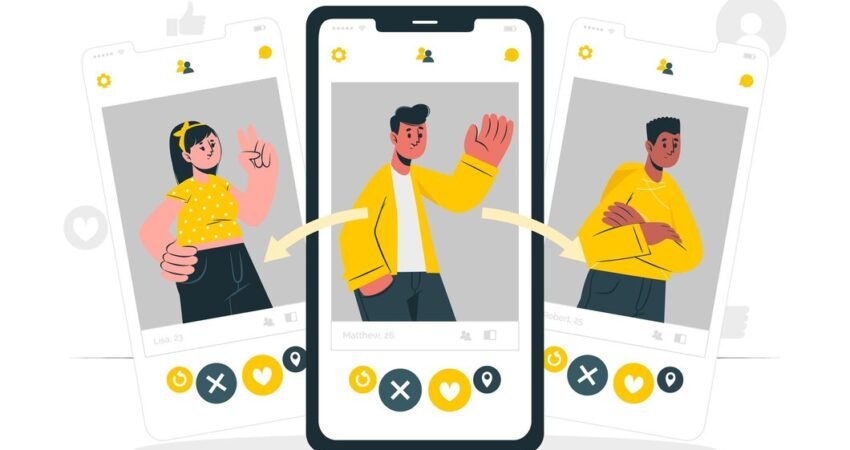
Dayapreetwan Singh
- September 26, 2024
- 5 min read
- Social Media
- Blog
I. Introduction
II. Why Social Media is Crucial for Small B2B Businesses
III. Benefits of Social Media for Small B2B Businesses
IV. Challenges for Small B2B Businesses
V. Top Social Media Platforms for B2B
VI. Building an Effective Social Media Strategy
VII. Conclusion
I. Introduction
Social media has become essential in today’s marketing landscape, even for small B2B businesses with limited budgets. But is it worth the time and resources? Can social media actually deliver results? This blog explores the benefits, challenges, and strategies that make social media an effective tool for small B2B companies.
II. Why Social Media is Crucial for Small B2B Businesses
- B2B Buyer Behavior: Today’s B2B buyers do their homework online before engaging with a vendor, often using platforms like LinkedIn and Twitter. Being active and visible on social media helps small businesses stay on their radar.
- Cost-Effective Brand Building: Social media is a low-cost way to build brand awareness and credibility. Regular posting and engagement can help small businesses make a big impact without big budgets.
III. Benefits of Social Media for Small B2B Businesses
- Lead Generation: Platforms like LinkedIn offer advanced targeting tools that let small businesses reach decision-makers in specific industries or roles. By sharing valuable content like case studies and whitepapers, businesses can also nurture leads throughout the buyer’s journey.
- Thought Leadership: Trust and authority are crucial in B2B. Social media enables small businesses to establish themselves as industry experts by sharing insights, commenting on trends, and participating in conversations.
- Networking & Partnerships: Social platforms provide opportunities to connect with potential partners or collaborators. Engaging in discussions on LinkedIn or Twitter can open doors to partnerships that help drive growth.
IV. Challenges for Small B2B Businesses
- Time & Resource Management: Maintaining a consistent social media presence can be tough for small teams with limited resources. Tools like Hootsuite and Buffer can help by automating posts, allowing businesses to plan content in advance and reduce the daily workload.
- Creating Engaging, Industry-Specific Content: Unlike B2C, B2B businesses need to provide value-driven, insightful content. Case studies, whitepapers, and how-to guides are examples of content that resonates with a B2B audience. Repurposing content—like turning a blog post into multiple social updates—helps maximize resources.
V. Top Social Media Platforms for B2B
- LinkedIn: LinkedIn is the go-to platform for B2B marketing. It offers tools like company pages, LinkedIn Ads, and opportunities to engage with professionals directly, making it ideal for lead generation and networking.
- Twitter: Twitter’s fast-paced nature is perfect for sharing industry news, updates, and engaging in trending conversations. Using relevant hashtags helps increase visibility.
- YouTube: For B2B companies with complex products or services, YouTube is an excellent platform for educational videos like product demos, customer testimonials, or tutorials.
- Facebook & Instagram: While traditionally B2C, these platforms can still be valuable for industries where visuals play a key role, allowing businesses to showcase their work or engage with their audience through groups or targeted ads.
VI. Building an Effective Social Media Strategy
- Set Clear Goals: Small B2B businesses should define specific social media objectives. For example, a consulting firm might aim to generate 50 new leads through LinkedIn in a quarter. Clear goals help focus efforts and track progress.
- Leverage Valuable Content: Content is key to a successful strategy. Small businesses should focus on creating informative, actionable content that addresses their audience’s needs. Repurposing content across platforms helps maximize its value.
- Measure & Optimize: Regularly tracking performance through engagement rates, leads generated, and conversion metrics helps businesses fine-tune their strategy. Analytics tools like LinkedIn Insights and Google Analytics can provide crucial insights.
VII. Conclusion
Social media is a powerful tool for small B2B businesses to generate leads, establish authority, and build valuable connections. By focusing on the right platforms, setting clear goals, and consistently sharing valuable content, small businesses can unlock the full potential of social media marketing. It’s an affordable, effective way to compete with larger players and position your brand as a leader in your industry.
The following posts may interest you –
FAQs
Social media helps small B2B businesses build brand awareness, generate leads, and establish authority. It allows companies to engage with B2B buyers where they conduct research and networking.
LinkedIn, Twitter, and YouTube are top platforms for small B2B businesses. LinkedIn is ideal for lead generation, Twitter for industry conversations, and YouTube for educational content.
Yes, platforms like LinkedIn offer advanced targeting tools that allow small businesses to reach decision-makers, share valuable content, and nurture leads through the buyer’s journey.
Small businesses can focus on sharing value-driven content like case studies, whitepapers, and how-to guides. Repurposing content across different platforms also helps maximize resources.
Tracking engagement rates, leads generated, and conversion metrics using tools like LinkedIn Insights and Google Analytics helps businesses measure performance and optimize their social media strategy.
















